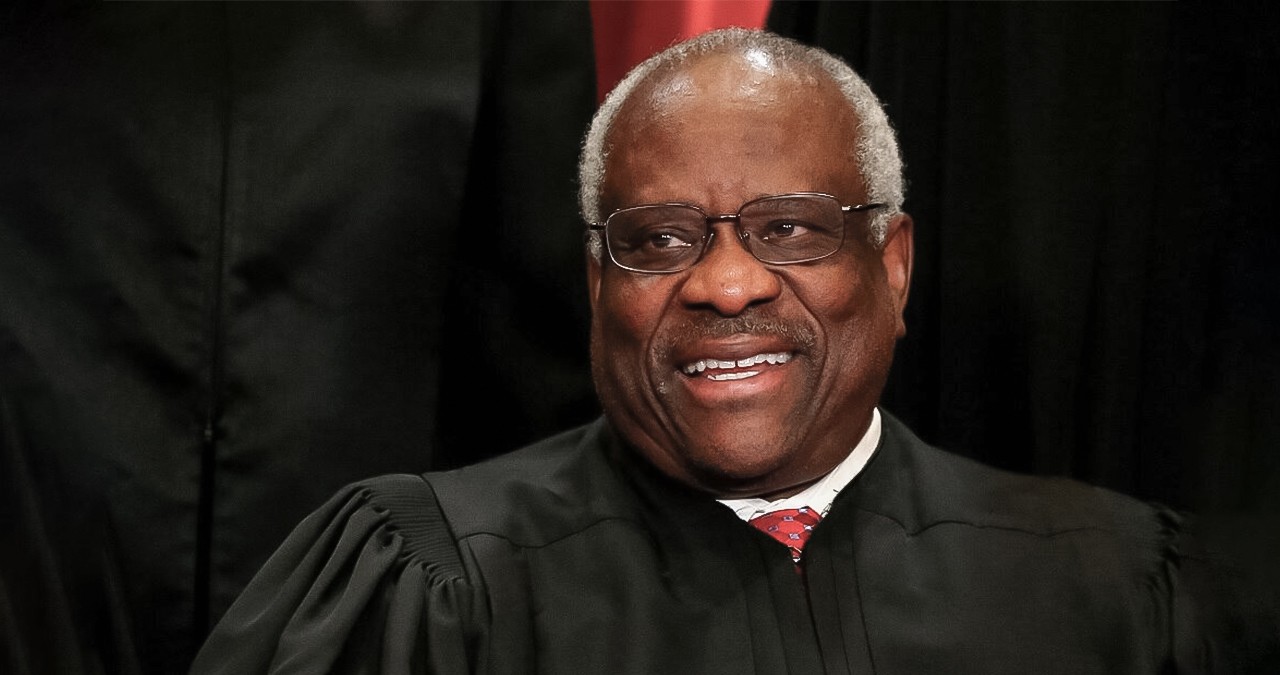OPINION: This article may contain commentary which reflects the author's opinion.
The U.S. Supreme Court has agreed to review a dispute over voter ID laws in North Carolina.
The nation’s highest court announced in a brief that it will hear a case over whether Republican lawmakers in North Carolina can intervene to defend the state’s voter ID law from lawsuits.
Republican lawmakers say the state’s Democratic Attorney General John Stein is not properly defending the law from legal challenges brought by the NAACP and other groups who claim it violates the Constitution and the Voting Rights Act.
“High court oral arguments will be sometime next year, with a ruling expected by July,” Fox News added.
Back in September, a North Carolina three-judge panel blocked the state’s photo voter ID law, ruling that it “was motivated at least in part by an unconstitutional intent to target African American voters.”
The law, S.B. 824, requires voters to present a photo ID in order to vote.
In a 2-1 ruling, two Wake County Superior Court judges held that the law violates the state’s constitution “because it was adopted with a discriminatory purpose.”
“North Carolina’s Voter ID law was enacted with the unconstitutional intent to discriminate against African American voters,” the majority wrote.
The two judges cited a 2015 study by Sen. Van Duyn that found at least 5.9% of registered voters lacked identification and that 9.6% of black voters “lacked acceptable ID” compared to just 4.5% of registered white voters under a previous election bill.
The majority also said the law was discriminatory because “since a greater percentage of Black voters live in poverty, Black voters face greater hurdles to acquiring photo ID.”
S.B. 824 required voters in North Carolina to present photo ID, including driver’s licenses, military IDs, and other forms of identification.
Judge Nathaniel Poovey dissented, claiming “not one scintilla of evidence was introduced during this trial that any legislator acted with racially discriminatory intent.”
Poovey said plaintiffs relied on the “past history of other lawmakers and used an extremely broad brush to paint the 2018 General Assembly with the same toxic paint. The majority opinion, in this case, attempts to weave together the speculations and conjectures that Plaintiffs put forward as circumstantial evidence of discriminatory intent behind Session Law 2018-144.”
Poovey noted that plaintiffs “failed to meet their initial burden” to prove the legislature “acted with a racially discriminatory intent.”
The majority appeared to concur, noting in their opinion that “we do not find that any member of the General Assembly who voted in favor of S.B. 824 harbors any racial animus or hatred towards African American voters, but rather … that the Republican majority targeted voters who, based on race, were unlikely to vote for the majority party,” the majority wrote. “Even if done for partisan ends, that constitutes racial discrimination.”
Sam Hayes, general counsel for North Carolina House Speaker Tim Moore, criticized the ruling in a statement.
“Once again, liberal judges have defied the will of North Carolinians on election integrity. Voters of this state have repeatedly supported a voter ID requirement – going so far as to enshrine it in our state constitution. Senate Bill 824 is one of the most generous in the country, and it was modeled on those of other states.”
“This fight is far from over,” Hayes added.
